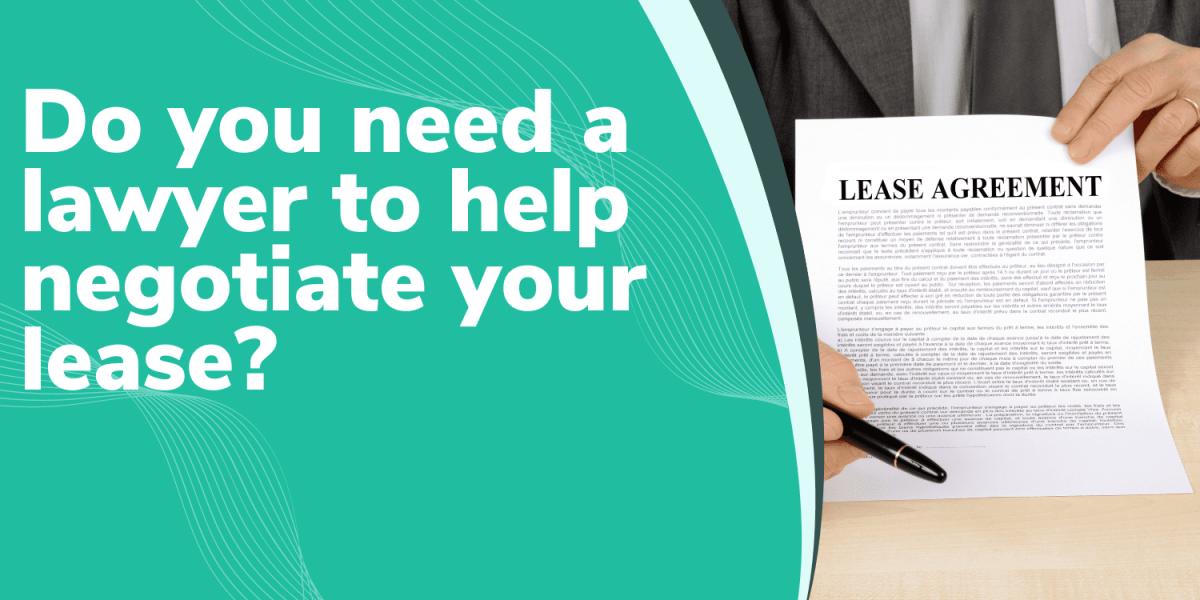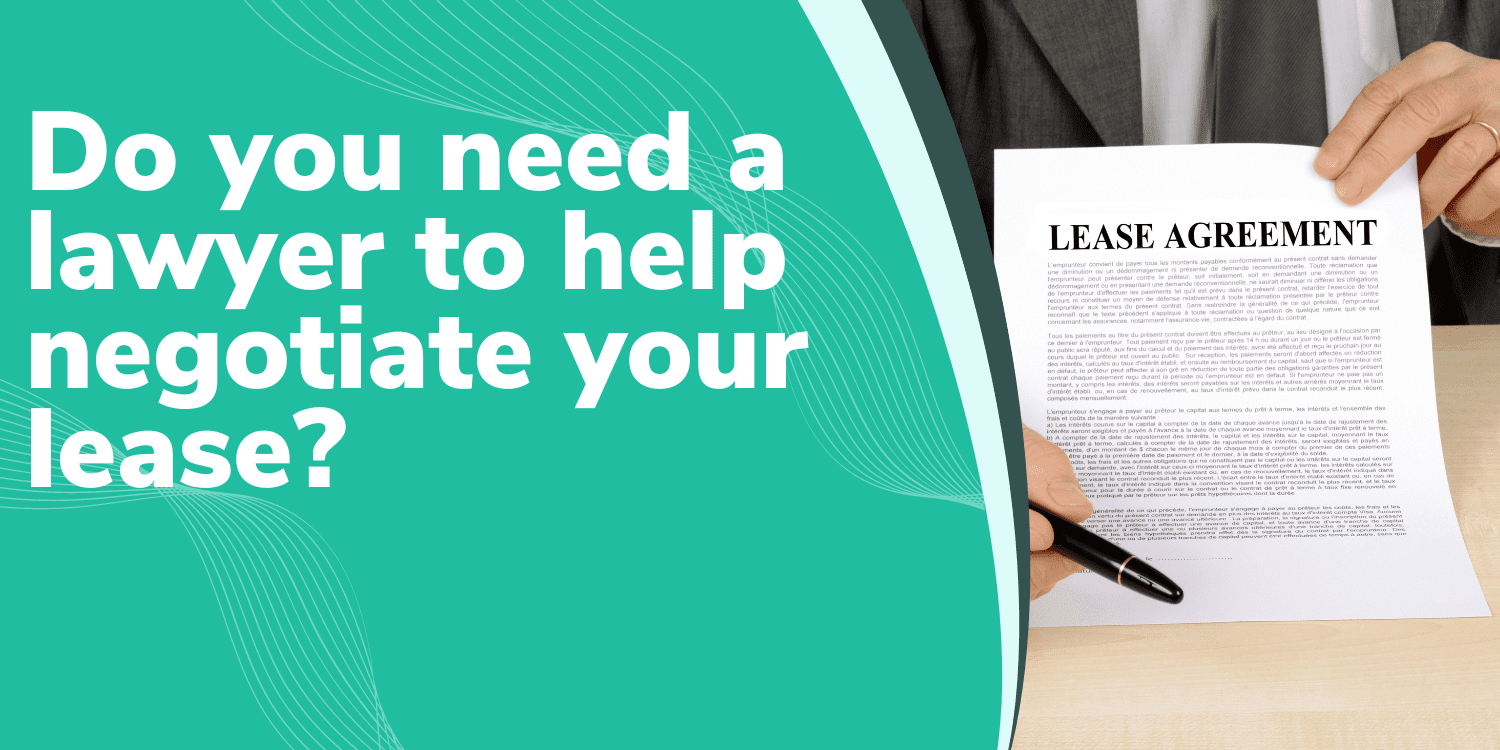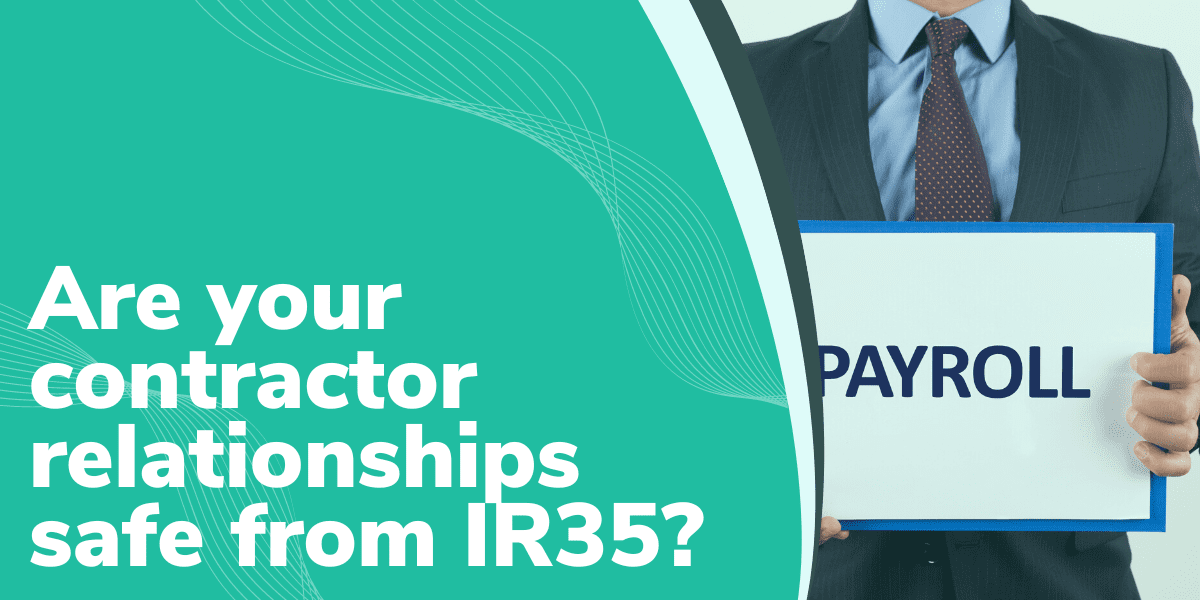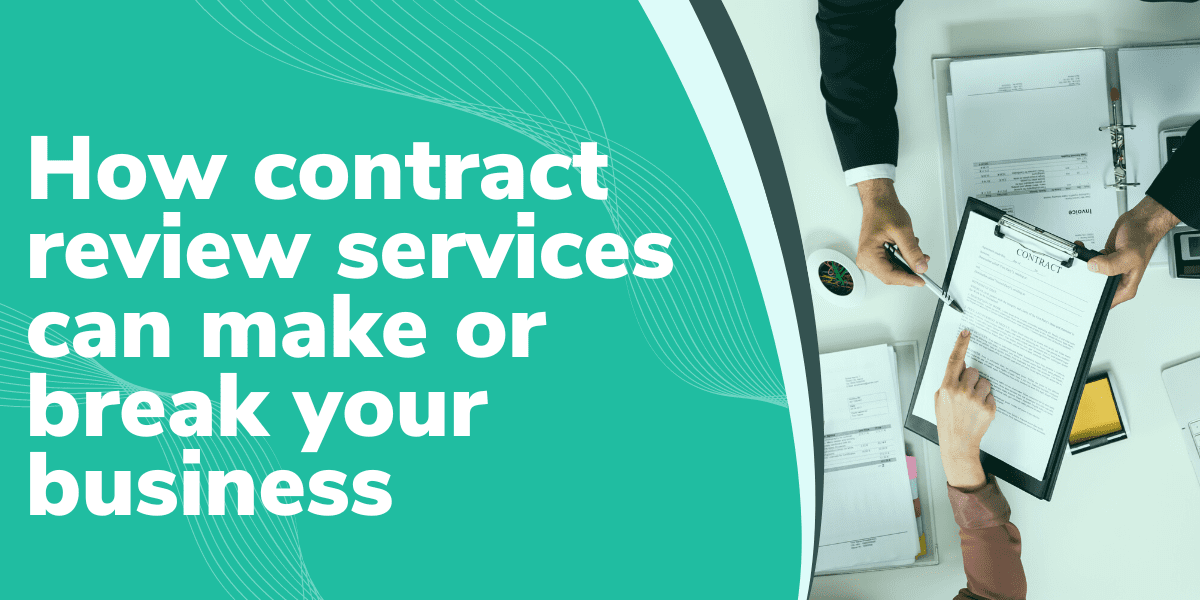
Leasing a property for commercial or residential purposes can be a complex process that requires careful attention to detail. Whether you are leasing an apartment, a house, or a commercial property, it is important to understand that lease negotiations are crucial. This is because the terms of the lease will determine your legal rights and obligations as a tenant. Therefore, you should take the time to carefully review the lease agreement and seek the advice of an attorney before signing.
Why is it important to understand your leasing contract?
Understanding the leasing contract is essential before you sign it. It is important to know what you are agreeing to, what your obligations are, and what the consequences are if you fail to meet those obligations. Leasing contracts typically contain a variety of complex legal terms and jargon and so it can be difficult to decipher important conditions without legal training. Therefore, it is recommended that you seek the help of an attorney to review the lease agreement and explain the terms in simple, easy-to-understand language. At Loft Legal we read through your lease so you don’t have to. We specialise in reviewing lease contracts and our experienced attorney’s will point out any red flags and explain any language that you are unsure of.
Our attorneys can also help you negotiate the terms of the lease to ensure that it is fair and reasonable. This can include negotiating the rental price, security deposit, lease term, renewal options, and maintenance responsibilities. Having an attorney review the lease agreement can save you time and money in the long run by avoiding disputes and legal issues that can arise from unclear or unfair lease terms. Our attorney’s can assist you with negotiation to show the landlord that you are serious and that you have received professional advice.
Common issues that our services can assist with:
How does a tenant terminate a lease?
If a tenant wishes to terminate a lease, they must first review the lease agreement to see if there are any provisions for early termination. In some cases, a tenant may be able to terminate the lease if certain conditions are met, such as if the property is destroyed or if the landlord breaches the terms of the lease. If there are no provisions for early termination, the tenant may still be able to negotiate with the landlord to terminate the lease early, but they will likely be required to pay a penalty or negotiate a buyout.
Should a commercial lease be registered?
In some jurisdictions, it may be required to register a commercial lease with the relevant authorities. This is done to ensure that the lease is legally enforceable and to protect the interests of both the landlord and tenant. However, registration requirements vary by jurisdiction, so it is important to consult with a lawyer or local authorities to determine if registration is necessary.
What costs are involved in leasing a commercial property?
Leasing a commercial property can involve a number of costs, including rent, security deposits, legal fees, and maintenance costs. In addition, tenants may be responsible for paying for utilities, insurance, and property taxes. It is important to carefully review the lease agreement to understand all of the costs associated with renting a commercial property. Commercial leases are an integral part of any business that requires a physical space to operate. It is therefore important to carefully review the lease agreement and understand all of the costs tenants are responsible for as these could be atypical. Our attorneys can help you understand which costs are normally paid by the Tenant and which are unorthodox and in respect of which it is possible to push back.
How do I know if my lease is valid?
In order for a lease to be valid, it must meet certain legal requirements. First, the lease must be in writing, signed by both the landlord and the tenant, and include the essential terms of the agreement, such as the rental price, lease term, security deposit, and maintenance responsibilities. Oral agreements are generally not enforceable in court and can lead to disputes.
Second, the lease must comply with all applicable state and local laws. This can include laws governing rent control, eviction procedures, and habitability standards. A lease agreement that violates these laws may be considered void and unenforceable.
Third, the lease must be entered into voluntarily by both parties. Coercion, fraud, or undue influence can render the lease agreement invalid.
Our attorneys can ensure that your lease is valid and enforceable in the courts in the event of a breach by either party.
Must a lease be written?
While oral leases are generally not enforceable, some states allow oral leases for a period of one year or less. However, it is always recommended that you have a written lease agreement, regardless of the length of the lease term. This is because written leases provide clear and enforceable terms that can help avoid disputes between landlords and tenants. In addition, some states require that leases for a certain length of time be in writing. For example, in California, leases for a period of one year or longer must be in writing. Failure to comply with these requirements can result in legal issues and disputes that could have been avoided with a written lease agreement. Therefore we would always recommend that you require your counter party to enter into a written lease and ensure that the terms are certain and that they have been reviewed by an attorney.
Summary
In conclusion, it is important to have a lease agreement reviewed by an attorney before signing. Lease negotiations are crucial, and the terms of the lease will determine your legal rights and obligations as a tenant. By having an attorney review the lease agreement and negotiate the terms, you can ensure that the lease is fair and reasonable, and that you understand your legal rights and obligations.
Reading and understanding the lease agreement before signing is also important. An attorney can translate the legal terms and conditions in the lease agreement for you and provide clear advice in accessible language. In addition, a written lease agreement that meets all legal requirements can help avoid disputes and legal issues that can arise from unclear or unfair lease terms.
If you are entering into a new lease, or you need advice in relation to your rights in relation to an existing lease, please use our lease contract review service or book a consult with one of our attorneys.





